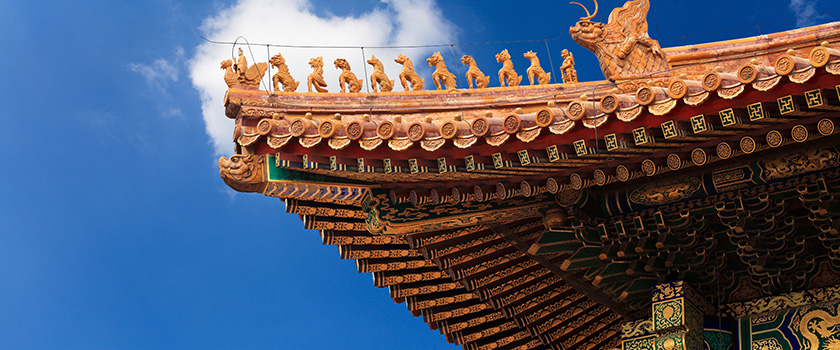Tighter rules have led to rapid deleveraging in China’s housing sector. Embattled real-estate developer Evergrande’s situation has sent shock waves through the credit market. The company’s default looks manageable but could become a systemic issue if the authorities do not facilitate an orderly default.
In order to cool down the real-estate market, Chinese regulators introduced their “three red lines” (3RL) in August 2020, requiring property developers to reduce the size of their debt relative to their assets, equity and liquidity by 2023. Companies not meeting two or more of the 3RL requirements had difficulties accessing financing from the outset. As a result, the sector has been forced to deleverage hastily.
Given the importance of the housing sector to China’s economy (it accounts for about a quarter of the country’s GDP), the property bubble has been identified as one of China’s “grey rhinos”. Contrary to “black swan” events, which are unforeseen and unlikely occurrences, “grey rhinos” refers to highly obvious yet ignored threats.
President Xi Jinping mentioned the problem for the first time in January 2019 and again in January 2021. Deleveraging in the housing sector was also meant to serve political purposes. President Xi has held the view that, “houses are for living in, not for speculation” since 2016. A survey by the National Bureau of Statistics of China identified that households could not afford to have more than one child as they remained constrained by “three burdens”: housing, education and healthcare.
Systemic domestic and global threats
Against this backdrop, the woes of Evergrande, China’s second-largest real-estate developer by sales, have come to the fore, sending shock waves through the domestic credit market. Over the years, Evergrande has aggressively grown into a multi-sector conglomerate and has accumulated more than USD 300 billion in debt.
The company has accelerated efforts to cut its debt pile since the introduction of the 3RL, but late payment of suppliers and interest on loans have raised investors’ concerns. As a result, Evergrande’s shares have dropped by about 90%, while its dollar bonds are trading around 70% below par. Without access to fresh funding, Evergrande may have difficulty paying suppliers, completing ongoing projects or increasing revenues.
A “guided default” of the conglomerate appears to be the most likely scenario. Under such a scenario, Evergrande would undergo an orderly liquidation of assets, including its property management arm, electric vehicle business, land stocks and core real-estate assets. In exchange, the Chinese government would direct banks to extend loans.
Unsold units would be used to access working capital, while projects that have already been sold would be handed over to their owners, which would help contain the risk of further social unrest.
Although this scenario has already been priced in, it is not yet clear whether the government would bail out Evergrande should the situation deteriorate further, as direct financial support would result in more moral hazard, meaning an “uncontrolled default” cannot be ruled out. The situation needs to be monitored closely, as the risk of contagion poses systemic threats at both domestic and global levels.
Implications for investors
China’s housing-sector woes have already impacted the broader credit market, as Evergrande alone accounts for 10% of Asia’s high-yield bonds and 16% of China’s high-yield bonds. As a result, credit spreads have widened in the high-yield spaces of both China and Asia, putting pressure on issuers right across the region, from India to Indonesia. Spreads will remain wide until there is better visibility.
Contagion fears have also hit the banking sector, as Evergrande’s liabilities involve more than 128 banks and 121 non-banking financial institutions.
An “uncontrolled default” would also impact the economy through increased borrowing costs, which could push companies in unrelated sectors, such as utilities and industrial services, into default. That would not bode well for job creation or consumption, which are both priorities for China’s strategic transformation.
Chinese authorities are walking a fine line between growth and reform. Until there is more visibility as to how they plan to unwind Evergrande, a cautious and highly selective approach is warranted.









